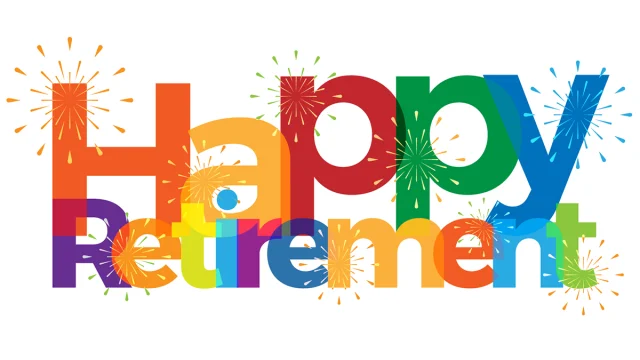
Lottery-like Prizes Spur Saving
Jessica Smith, mother of four, was never much of a saver. But a credit union that dispenses prizes has changed all that.
She now saves $150 every month out of her pay and bonus as a restaurant buffet manager. Each $25 deposited into her account gives her one more entry in a monthly drawing for cash prizes at the Communicating Arts Credit Union in Detroit.

By coincidence, she won three times last fall – a total of $100 in prizes. But in contrast to throwing money away on a lottery ticket with bad odds, she earns a little interest on her credit union account.
These so-called prize-linked accounts aren’t a new concept: one of the first appeared in 1694 in the United Kingdom to help people pay off war debts. Today in this country, nearly 18,000 individuals like Jessica participate in Save to Win programs. Launched in 2009, they’re offered at more than 60 credit unions in four states.
Michigan handed out $100,000 in prizes last year, including six $10,000 grand prizes; Nebraska, North Carolina, and Washington each gave out between $25,000 and $50,000 in a year.
The prize money is funded out of the credit unions and their state associations’ operating or marketing budgets, and the interest rate paid on the accounts is not currently being reduced to fund the prizes, said Doorways to Dreams (D2D), which helps operate the programs.
D2D is planning a study to determine how effective these programs are in spurring people to save. “This isn’t about whether we think lotteries are good or bad but what is the behavioral response” to prized-linked accounts, said Joanna Smith-Ramani, D2D’s director of scale strategies.
Meanwhile, Squared Away asked a few Michigan participants why the program appeals to them.
“Who wouldn’t like to win money on your own money?” Jessica said. The program also enforces discipline. Her account is like a certificate of deposit – she can’t touch her savings for one year. “If I could touch it,” she said, “I would.”
Cody Nelson, age 22, is able to save more in his new job in an auto parts plant. He won a $25 prize last year. “It’s like being a child – when you do something good you get a cookie,” he said.
Mike Barnett, a retired teacher in Alpena, Mich., with a pension fund, has always been a saver, and the prospect of a prize didn’t change that. But he participates, because he thinks the program is fun.
“It’s better than buying lottery tickets,” Barnett said. “The chance of winning something is a lot better, and you don’t ever lose” your money.
Comments are closed.







I was fascinated by the report on this lottery style savings plan. Last year, we published a paper entitled: “Personal care savings bonds – a new way of saving towards social care in later life.” There are several similarities with the U.S. style-plan, but there are also some obvious differences. I would be interested in learning more and whether, for example, there have been any published retrospective financial or other analyses. Our scheme has had a good reaction in the U.K. But while the government has shown interest, it has so far taken no action – although it is still early.
I was fascinated by the report on this lottery style savings plan. Last year, we published a paper entitled: “Personal care savings bonds – a new way of saving towards social care in later life.” There are several similarities with the U.S. style-plan, but there are also some obvious differences. I would be interested in learning more and whether, for example, there have been any published retrospective financial or other analyses. Our scheme has had a good reaction in the U.K. But while the government has shown interest, it has so far taken no action – although it is still early.
Dear Prof Mayhew,
Nice to hear from someone across the pond!
I found a couple of papers about this concept on nber.org’s website – one paper seems theoretical, the other an experiment:
http://www.nber.org/papers/w19130
http://www.nber.org/papers/w16433
Kim (blog writer)
An interesting article about the behavioral effects of very modest British lottery winners from Andrew J Oswald
(Professor of Economics, Warwick University) http://www.voxeu.org/article/money-makes-people-right-wing-and-inegalitarian